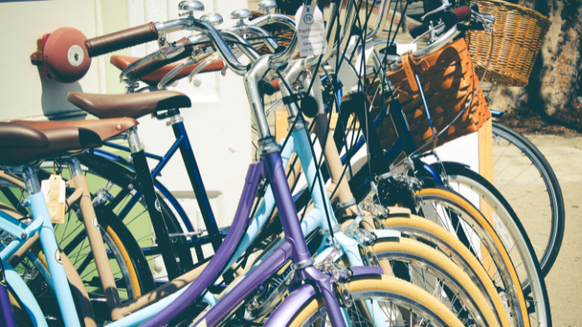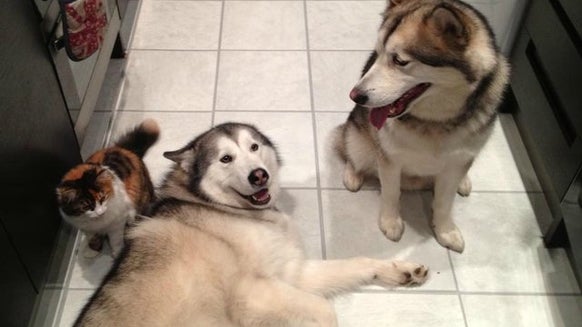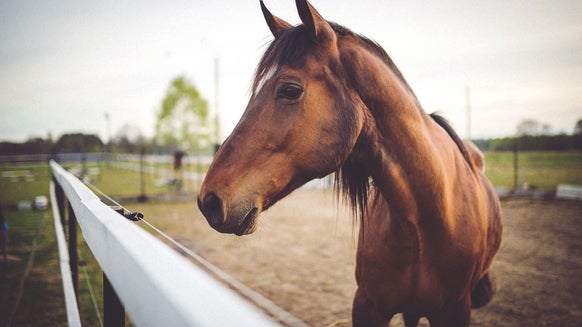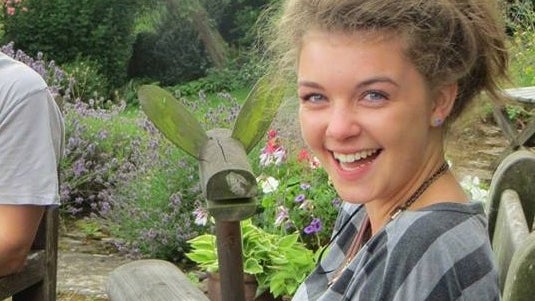Caring for an Older Dog
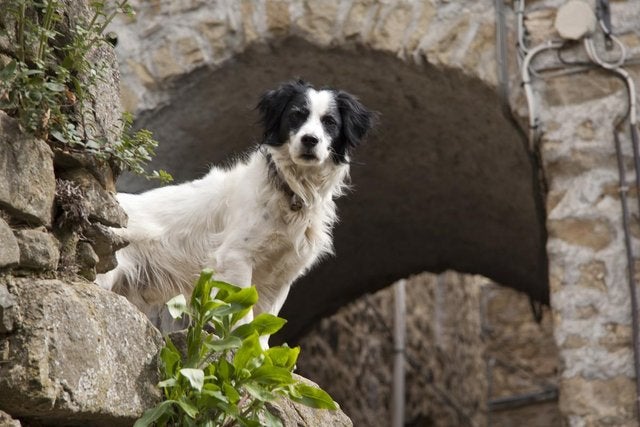
With an adorable face with big sparkly eyes, and bundles of energy and youthful character, it often easy to forget that a puppy will one day grow older, slower and more fragile. That's not to say an older dog is not just as full of life! With years of loyalty and bond between you, giving a dog a long, happy and healthy life will feel much more rewarding then what you felt the day you gave them a home.
Like people, dogs will feel their older age on their bodies making them less energetic and more prone to illnesses associated with age. Keep reading to learn more about dogs in their senior life, what to look out for, and how you should expect it to change your lives together.
How long do dogs live for?
The typical age of a dog with vary dependent on their breed. As a rule of thumb, dogs are considered senior at 7 years old and can, on average, live until they are 13 years old. The smaller the breed, the longer your dog is likely to live for, with much larger breeds typically living shorter lives.
Gradual changes to your dog's health
Once your dog reaches a more senior age, like people, their eyesight is likely to deteriorate. You might find your dog is finding it increasingly hard to see you from afar, or may start bumping into things in your home. If their eyes start to look cloudy, this could be a sign of cataracts, so it always best to seek veterinary advice.
Dogs can be quite resilient to these changes in eyesight, as long as key furniture in your home stays in a same place, and the floor is kept clear so as not to confuse your pooch, or add unnecessary trip hazards. Also, it is important to keep your dog on a lead when out walking, particularly in unfamiliar surroundings or near traffic. A lead will make them feel safe, as well as keeping them away from harm.

Hearing is another likely sense that will fade with old age. As with their loss in eyesight, keeping them on the lead when walking will keep them safe, but if your dog is still enjoying a run off the lead and you are worried about them hearing you, why not try something a little louder and high pitched like a whistle? At home, you may find your dog starts to bark more. This can be common in dogs that start to lose their hearing, but it is always best to seek advice from your vet if this occurs as it may also be a sign that something is troubling your dog.
As well as the increase in grey hairs, you may also find that their fur starts to become dull and flaky as their skin starts to dry and become thicker. Daily grooming will help remove dry skin and smooth their fur, whilst also giving you the opportunity to give them the once over for any lumps or sore, problem areas. If you ever come across anything worrying like a lump, the sooner you discuss this with your vet the better. Their claws may also start to become a little more brittle, so keeping them trimmed will save them from catching, snapping and causing any pain.
Feeding an older dog
With a reduction in exercise, and a slowing metabolism, your pooch is likely to put a on little weight - but that doesn't mean you should accept it and let them pile on the pounds! Switch to senior diet dog food ranges. These will have reduced fat helping your pooch to stay in good shape.
Equally, some dogs may lose their appetite as they age and could be at risk of losing weight in their fragile age. Always consult your vet as they will be best to advise you on a suitable diet plan for your dog. If your dog ever experiences dramatic changes in appetite or drinking behaviour, always inform your vet.
Behaviour changes in older dogs and recommended exercise
As their metabolism slows, dogs will start to lack energy and become more relaxed as they age. However, that doesn't mean they don't need exercise, if anything, exercise will be just as key in keeping your dog healthy and mobile. Break that one big hike your dog used to enjoy, into small regular skips throughout the day that won't tire them out too much, and keep those stiff after-walk aches and pains to a minimum. You may also have to cut out obstacles during walks where possible, like stairs and styles to make getting around as easy as possible for your pooch.

Most behaviour changes will be gradual. As with a dog of any age, if their behaviour changes dramatically over a short period of time, always consult your vet. Older dogs can also sometimes start to exhibit compulsive behaviours like tail chasing, spinning and excessive water drinking. All concerning changes should be discussed in detail with your vet.
Older dogs can sometimes get a bit grumpy, so it will be important to ensure you and your family respect their space. Make their bed a sanctuary for them, with extra bedding for their creaky bones, and perhaps class it a no-go zone. However, just because your dog gets a bit slower and may start to enjoy their own space more, that doesn't mean they can't still benefit from a little mental stimulation! Make sure you still make the time to play with them, and never rule out teaching your old dog new tricks - a dog's memory may start to fade a little, but that doesn't mean learning is out of the question!
Recommended further reading
Dog's Trust - Looking after your older dog Blue Cross - Caring for the older dog

